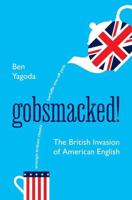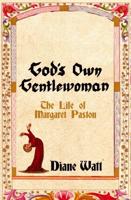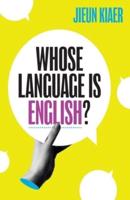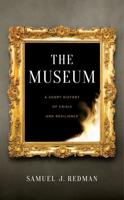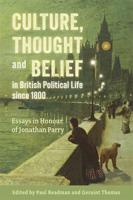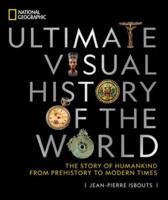Publisher's Synopsis
Tim Cassedy's fascinating study examines the role that language played at the turn of the nineteenth century as a marker of one's identity. During this time of revolution (U.S., French, and Haitian) and globalization, language served as a way to categorize people within a world that appeared more diverse than ever. Linguistic differences, especially among English-speakers, seemed to validate the emerging national, racial, local, and regional identity categories that took shape in this new world order.
Focusing on six eccentric characters of the time-from the woman known as "Princess Caraboo" to wordsmith Noah Webster-Cassedy shows how each put language at the center of their identities and lived out the possibilities of their era's linguistic ideas. The result is a highly entertaining and equally informative look at how perceptions about who spoke what language-and how they spoke it-determined the shape of communities in the British American colonies and beyond.
This engagingly written story is sure to appeal to historians of literature, culture, and communication; to linguists and book historians; and to general readers interested in how ideas about English developed in the early United States and throughout the English-speaking world.




